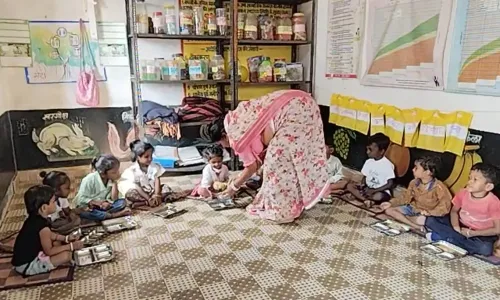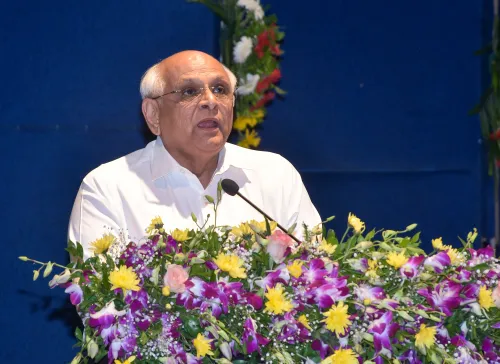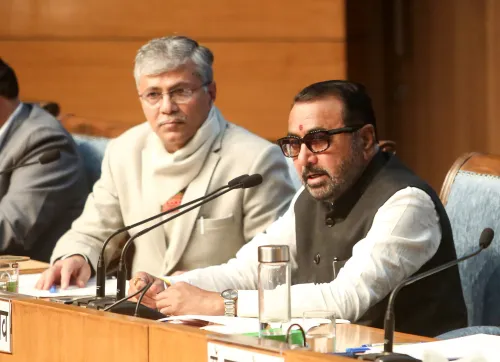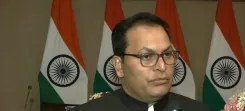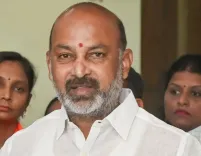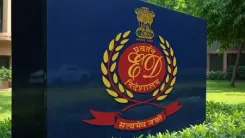Are Healthy Food Habits and Lifestyle the Key to Viksit Bharat?
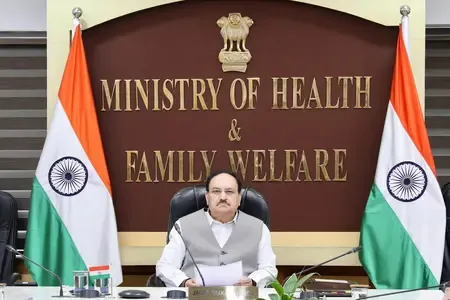
Synopsis
Key Takeaways
- Healthy eating is essential for a Viksit Bharat by 2047.
- Obesity rates are rising dramatically across India.
- Awareness initiatives are aimed at educating the public on dietary choices.
- Children are key targets for health education.
- Traditional foods should be emphasized in our diets.
New Delhi, June 7 (NationPress) The Union Health Minister J.P. Nadda emphasized that adopting healthy food habits and maintaining a proper lifestyle are crucial for India to achieve Viksit Bharat by 2047. During his keynote speech at the National Institute of Mental Health and Neurosciences (NIMHANS) in Bengaluru, he reiterated Prime Minister Narendra Modi's focus on combating obesity and promoting wellness.
Nadda highlighted the urgent need to address the rising challenges of obesity and non-communicable diseases (NCDs). He stated, “For a Viksit Bharat, a healthy India is essential, and this can be achieved through appropriate food choices, healthy eating habits, and a balanced lifestyle,”
Referencing findings from the ICMR–India Diabetes (INDIAB) study, he noted that between 2008 and 2020, urban obesity surged by 39.6 percent, while rural areas saw a 23.1 percent increase. Another study predicts that by 2050, one-third of India's population could face obesity.
Nadda characterized the efforts to raise awareness about obesity as a necessary initiative to inform citizens about the health hazards linked to poor dietary choices and to inspire them to adopt nutritious diets. Furthermore, he stressed the importance of starting awareness campaigns at an early age, as children are particularly susceptible to unhealthy food advertising and adulterated products.
In this context, he praised the FSSAI's innovative strategy to promote Sugar and Oil Boards in schools, workplaces, and public institutions as a way to facilitate behavioral change.
The Health Minister called on stakeholders to heed the Prime Minister's appeal to decrease oil consumption by 10 percent and to lower salt intake through greater awareness of healthy eating.
Nadda also highlighted the significance of traditional foods such as millets. In recognition of World Food Safety Day 2025, he asserted that food safety practices must become ingrained in our daily lives and evolve into a movement advocating for 'eating right' while adhering to food safety standards.


